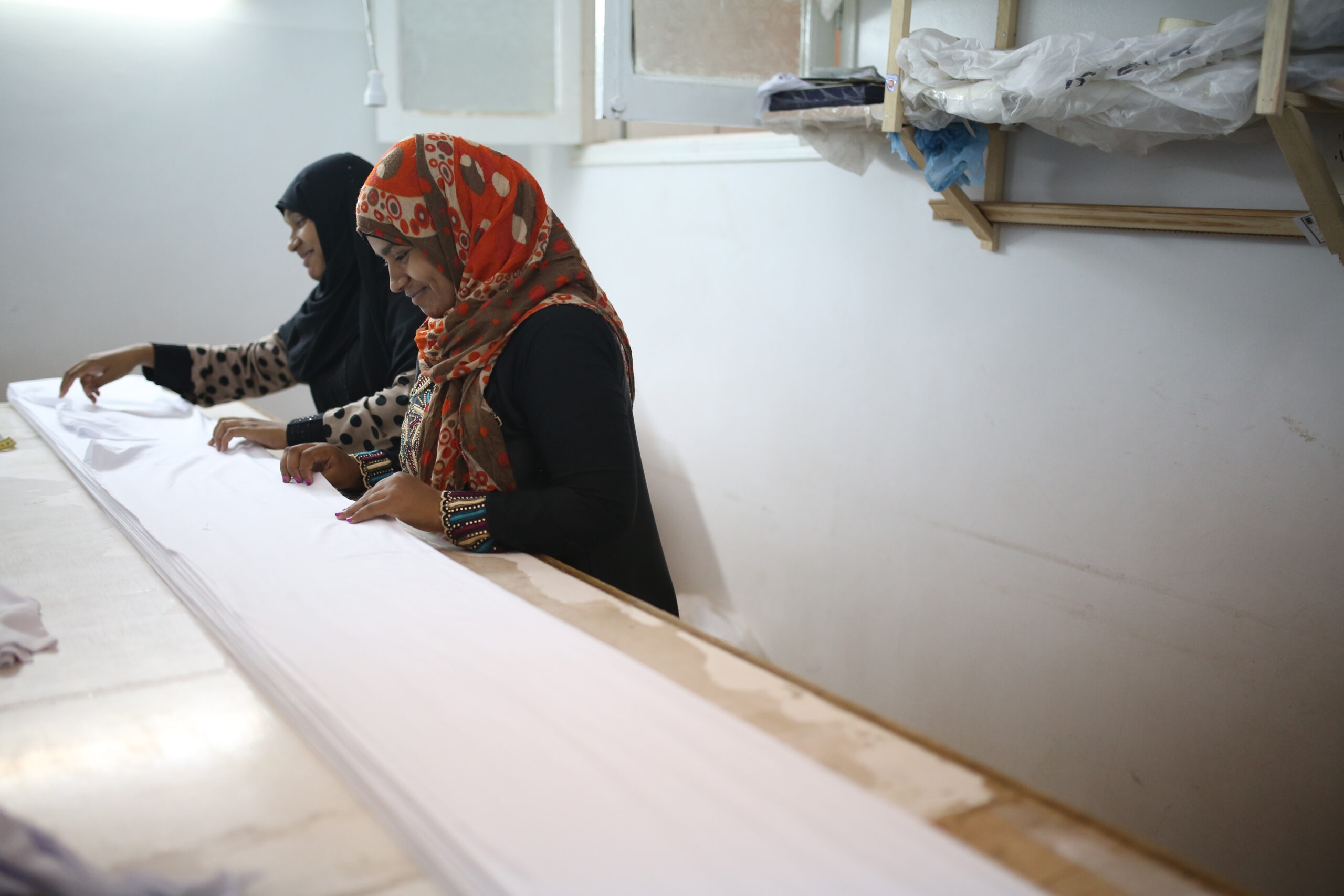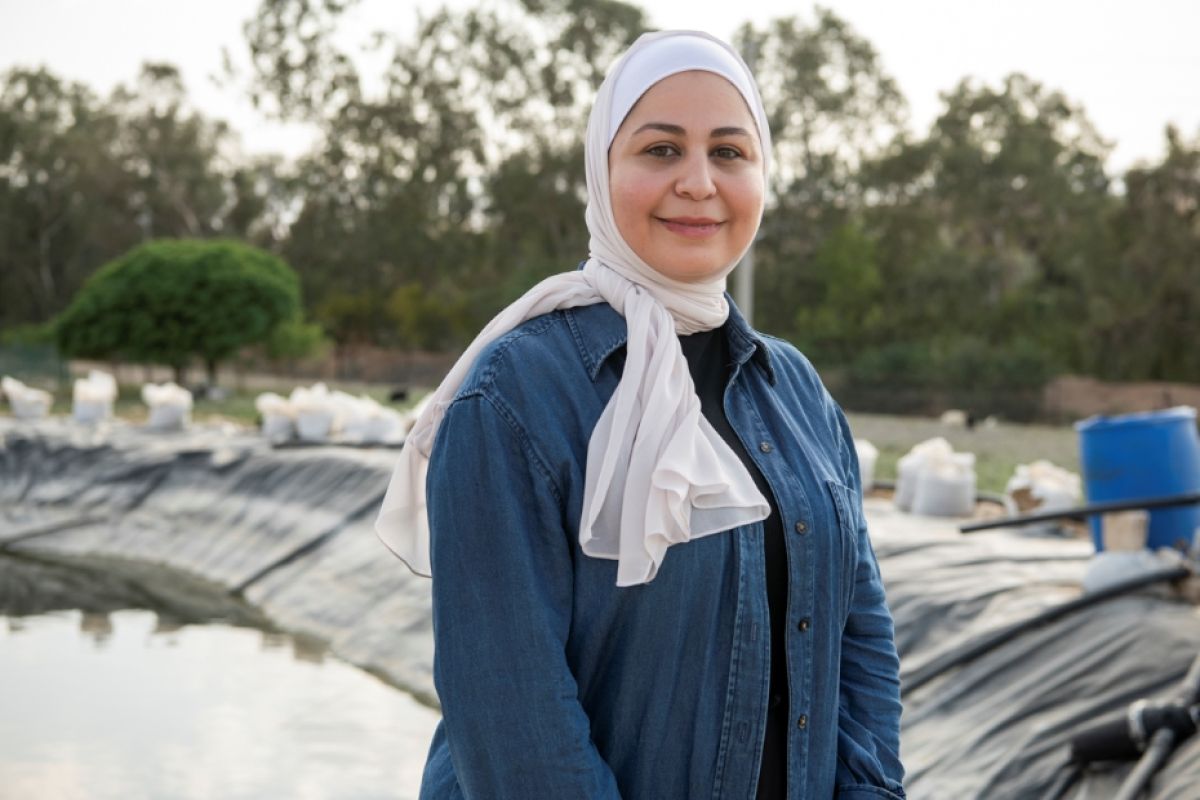Women’s Empowerment through Renewable Energy (RE) Powered Decentralized Lift Irrigation Systems in Bhutan (WERELIS – Bhutan)
This project seeks to deepen understanding and uncover the potential of utilising renewable energy-powered lift irrigation systems while empowering women entrepreneurs. Its objective is to contribute to Bhutan’s food self-sufficiency and promote women in renewable energy by assessing the scale and scope of this opportunity.
Further, it will analyse the technological longevity and contextual appropriateness of these systems. It will also analyse their gender-inclusive impact and uncover the specific community-level barriers women face regarding their full and equitable participation in a gender-responsive RE transition in the irrigation sector, as well as the opportunities for equity such a transition could provide.
This project will provide decision makers with the tools to deploy these systems at scale, build technical capacity to integrate gender considerations into the approach, and develop a potential business model for broader adoption of the technology.
Agriculture employs 60% of the Bhutanese population, of which more than half are women. Agriculture’s share of Bhutan’s GDP has been declining steadily, due to several climatic, environmental and socio-economic factors, and self-sufficiency in staple crops is increasingly threatened. Currently, only 16% of cultivable land has access to irrigation. Expanding irrigation could significantly increase agricultural productivity.
Gravity-fed, open channels dominate current irrigation practices in Bhutan. These are seasonal and vulnerable to climate change. Due to the country’s mountainous topography, irrigation water is often lifted from the source. However, considering its abundance of fast-flowing river water, it is also a potential source of renewable energy (RE). Current plans for development of this resource lack an acknowledgement of gender-inclusive and gender-responsive strategies to implement and upscale these technologies.
project
Location
Bhutan,
Women’s leadership and innovative finance: Driving climate resilience and sustainable development
Thursday 20 November 2025
This panel, hosted as part of COP30, will explore how women’s leadership and inclusive financial innovation serve as powerful levers for climate resilience and sustainable development. The session will highlight concrete examples internationally, focusing on the intersection of gender equity, entrepreneurship, and climate action. Panellists: Adel Ben Youssef, Université Côte d’Azur – featured Clean Energy […]
Unlocking the Potential of Small and Medium Businesses and Entrepreneurs in the Clean Energy Transition
3 December 2025
This report highlights outcomes and recommendations from the T20 Side Event ‘Unlocking the Potential of Small and Medium Businesses and Entrepreneurs in the Clean Energy Transition’, held in Johannesburg on 17 October 2025. It presents seven recommendations for concrete steps to turn the G20’s green energy principles into practice, with South Africa’s presidency positioned as […]
Fostering an inclusive energy transition through micro, small and medium-sized enterprises
7 January 2026
Micro, small and medium-sized enterprises (MSMEs) are the main engine of economic growth in the Middle East and North Africa (MENA). The transition to a green economy represents both an environmental necessity and a significant economic opportunity for the region. However, without an intentional focus on gender, this transformation risks reinforcing existing inequalities, rather than […]



